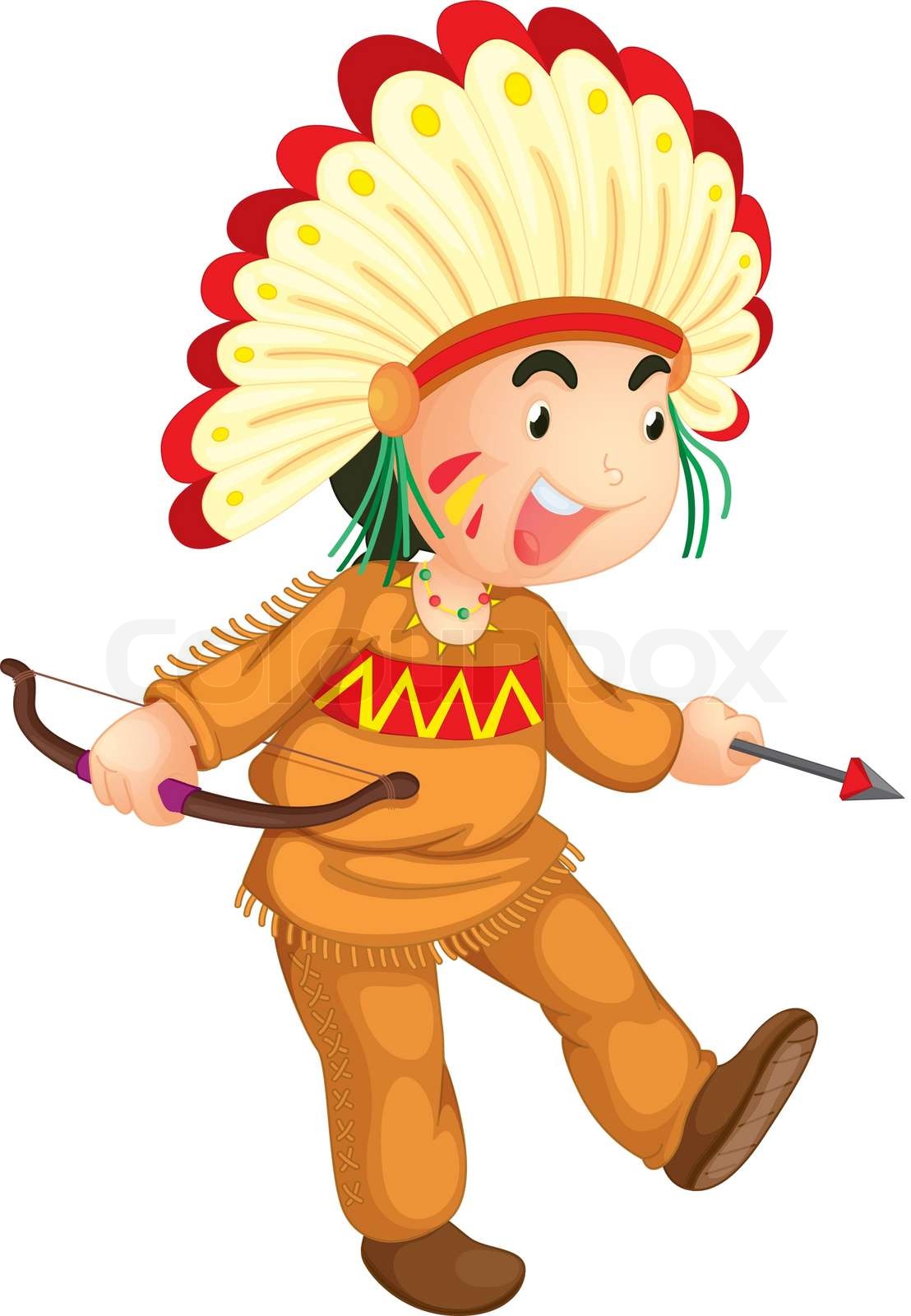Cultural Knowledge Cartoon: A Shift in Perspective
The intersection of culture and knowledge has long been a fertile ground for exploration and education. In an era defined by rapid globalization and the blending of traditions, the “cultural knowledge cartoon” emerges as a compelling medium that not only entertains but also serves as a potent vehicle for cultural exchange and understanding. These cartoons make significant promises, primarily a shift in perspective and the power to pique curiosity, fostering a deeper comprehension of the world’s rich cultural tapestry.
At the heart of cultural knowledge cartoons lies their capacity to present complex ideas in an accessible manner. The visual nature of cartoons allows audiences to digest information quickly and effectively. Through colorful imagery and succinct narratives, these cartoons distill multifaceted cultural concepts into simple, easily relatable ideas. This transformation is especially salient in today’s society, where attention spans are limited, and visual media dominates. When cultural nuances are depicted through caricatures and exaggerated portrayals, they invite viewers to engage in dialogues that might otherwise remain dormant.
Moreover, this medium operates on the fascinating premise of humor. Cartoons often employ satirical elements, allowing artists to critique cultural norms or stereotypes while simultaneously educating their audience. The blend of comedy and commentary makes cultural conversations less intimidating. Suddenly, intricate discussions about cultural identity, tradition, and globalization become approachable when conveyed through a lighthearted lens. This fusion of humor and insight can provoke thought and inspire introspection, ultimately leading to a dialogue about empathy and understanding across cultures.
Transitioning from humor to inquiry, cultural knowledge cartoons are adept at piquing curiosity. They inspire audiences to investigate the landscapes they illustrate, encouraging personal exploration of unfamiliar customs, traditions, and historical legacies. A viewer may laugh at a satire of a cultural trope but is likely to seek further information and context, thereby transforming amusement into learning. Such curiosity-driven engagement can act as a springboard, nudging individuals to delve deeper into the cultural practices that shape the world around them.
In addition to piquing curiosity, these cartoons often invoke a sense of relatability and shared experience. Cultural knowledge cartoons can reflect universal themes—such as family, friendship, conflict, and celebration. By tapping into common human experiences, they offer viewers a semblance of kinship, bridging divides that might otherwise seem insurmountable. This relatable approach nurtures an ever-expanding reservoir of understanding and kindness, essential in a world where cultural differences can lead to conflict.
Consider the role of storytelling in cultural knowledge cartoons. Every culture possesses rich traditions of storytelling, and cartoons often distill these narratives into succinct, visual formats. They present stories that encapsulate moral lessons, origin myths, or cautionary tales, thus preserving cultural heritage while making it relevant to contemporary audiences. For instance, a cartoon that discusses the significance of a traditional festival can educate viewers about the historical and social contexts behind the festivities while simultaneously showcasing colorful depictions of the event. This duality entices viewers not just to observe but to partake in the broader narrative that underpins cultural practices.
Furthermore, the prevalence of cultural knowledge cartoons on various platforms can amplify their impact. As social media becomes an integral part of communication and information sharing, these cartoons find their way into global conversations more easily than ever before. Artists can disseminate their work broadly, reaching vast audiences and fostering discussions about cultural competence and social justice. The viral nature of these cartoons enhances their potential for inciting change, as they become part of larger dialogues around cultural sensitivity and understanding.
Cultural knowledge cartoons also serve an educative function in formal and informal educational settings. Educators often incorporate cartoons into lesson plans or training sessions to engage students and facilitate discussions about cultural diversity. These visual aids can serve as catalysts for critical thinking, compelling students to analyze imagery, question stereotypes, and appreciate the subtleties of various cultures. By employing cartoons as tools within educational frameworks, the essential knowledge of diverse cultures becomes more digestible and enriching.
In conclusion, cultural knowledge cartoons stand as a remarkable amalgamation of entertainment and education. Their promise of shifting perspectives and igniting curiosity holds significant potential in a world grappling with cultural misunderstandings and tensions. By harnessing humor, relatability, and the power of storytelling, these cartoons create accessible avenues for dialogue and inquiry. As they traverse social media landscapes and educational institutions, they inspire individuals to reflect on their cultural lenses while encouraging empathy and learning. Ultimately, through the lens of cultural knowledge cartoons, one may discover that, while cultures may differ, the fundamental aspects of humanity remain beautifully intertwined.
